Revisit the panel discussion on anti-Black racism, notably how to address it and how to be an ally. Our subject matter experts addressed the historical Black experience in Canada, and talked about current experiences within the federal public service and how you can make a difference.
Revisit the panel discussion on those Bigoted and Uppity White People? Get lectured by the multi-billion dollar state propaganda agency with anti-White gibberish? Enjoy two Shaniquas of colour seething with rage as they find out they are only half as privileged as they feel they deserve to be? And it’s free?

Christmas comes early this year goyim. They even wrote the transcript for me.
Nathalie Laviades-Jodouin [00:00:23] I’d like to invite Patricia Harewood, who currently works as in-house counsel for the Public Service Alliance of Canada PSAC, which is the largest union in Canada’s federal public sector. Ms. Harewood provides advice to the elected leadership and staff, litigates various complaints and judicial review matters and provides instructions to external counsel. So over to you Patricia.
Patricia Harewood [00:00:57] Thank you very much for this introduction.
Patricia Harewood [00:01:01] I just like to thank the organizers, FBEC and the Canadian School of Public Service for organizing this session. I wanted to just begin by acknowledging that we have heard already quite a bit of Black pain and we are still in a pandemic, although we are in the process of reopening in various jurisdictions. But I think that, you know, for many Black people, I will say that we have had a pandemic on top of the pandemic because the pandemic that is anti-Black racism, which you’ve heard from Professor Saini, has been embedded deeply in our institutions for hundreds of years. And which you’ve heard from Monsieur Prospère, has had a direct mental health impact on him as an individual, but on many of us who walk in Black bodies. That is a continual pandemic that we live in. And so I just for those of you on the call who identify as Black of African, Caribbean descent, et cetera, I just want to acknowledge that.
Black pain, is that like back pain?
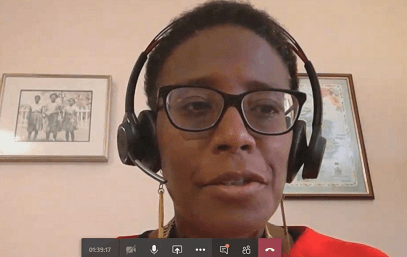
Patricia Harewood
Or is it more like these insanely entitled people whining about how they personally feel really oppressed, even though material reality says otherwise.
Patricia Harewood [00:02:13] So, I just wanted to explain a little. I’ll talk a little about how to be an effective ally. But before I do, I’d just like to say a little more about what I did at the Alliance. So, so you can better understand my perspective. So, as a lawyer, I represented hundreds of workers in the federal public service. I also worked in a position of Oppression Prevention Coordinator, and this is a position that was created within the Alliance following an incident of racism that took place within the Alliance. And here, I’m talking about the Alliance as an employer. Therefore, this position was created to coordinate and implement practical policies and behaviours in order to address systemic racism and especially anti-Black racism in all its forms.
Oppression Prevention Coordinator. How is it possible to have such useless people in a society?
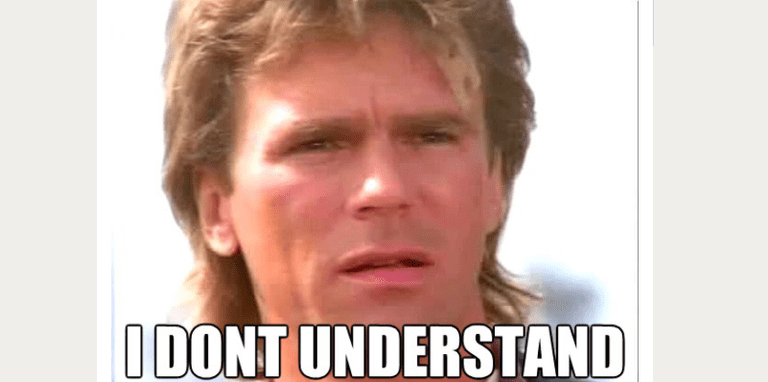
I’m going to copy paste the entirety of her transcript in here. Don’t bother reading it, just skim the bold parts.
Patricia Harewood [00:03:12] So that’s where I’ve served as it was noted in the introduction as advisor to the elected leadership and to management teams on issues around coordinating and training and policy development with respect to equity and systemic racism. I want to also add that I consider myself connected to my community, and I think this is an important aspect of maintaining my own mental health. I speak obviously on my own behalf, but I think that that is true for many of us in the diversity of Black communities that are here across this country. I co-host, for example, a weekly show on CHUO 89.1 FM, which is called “Black on Black”. And it addresses issues affecting the diversity of Black communities in Canada. You can tune into that every Saturday from 11 to 12 PM. So we interview people from all over Canada and the world. And for example, we’ve done a series of interviews on how COVID-19 has disproportionately impacted Black communities right here in Canada and in the U.S. and communities like Montréal-Nord. You know, in communities in Toronto, right here in Ottawa as well where I am. And then I sit on a number of not for profit boards.
Patricia Harewood [00:04:51] So I come to this work from those positions and also I would say a position of relative privilege. I’m a Black woman. I’m a lawyer. I’m able bodied. I’m cisgender. I have a certain level of social class privilege, having been raised in a middle class family where both of my parents were teachers. My mom later became a public servant herself and was in the public service for 20 years. And I myself was in the public service in the Department of Justice for about four years as a L.A.S. Counsel. So I have a certain degree, I would argue, on this panel of freedom in the sense that I don’t have any duty of loyalty to any federal government employer. I want to say that clearly. And so I feel as though to a certain extent, at least in this forum, I have the ability to speak freely. And I don’t think that is the case for many public servants.
Patricia Harewood [00:05:57] I think for several Black public servants in the public service who work at the intersection of racism, sexism, homophobia in their workplace, that people are afraid of reprisals, that their careers would be completely eliminated if they speak openly as Mr. Prospère to talk about racism and the impact of the racism in the civil service in particular and in other institutions as well.

Harewood has claimed that all-Black communities are “diverse.” She also unironically uses the term “cisgender,” and pretends that Black Womxyn are going to start losing their jobs for whining about “racism.” Meanwhile she’s promoted by the Canadian Federal Government specifically because she does exactly that.
Patricia Harewood [00:06:35] Black public servants from what I understand from my experience are often afraid that they will be labelled, that they will be pigeonholed as the angry Black person who’s always playing the race card, the Black person who is not a team player because they dare to call out, to stand out, to confront and challenge structural and systemic racism in their workplace. And so before I go into talking about, well, what is allyship then, I want to state very clearly what anti-Black racism is. So it is baked into all of our institutions in Canada, from health care to education to the system of justice, to the public service. And it’s really policies and practices rooted in our institutions that basically reinforce beliefs, attitudes, prejudices, stereotypes and discriminate against Black and African, people of African descent. Those stereotypes that we know that I will not repeat that find their way in the workplace and in decision making. So what is allyship then? I have a bit of difficulty with the term ally. I will admit that I am not very comfortable with the term. I know it’s being bandied about these days, that it’s popular, that it’s the new flavour of the month. And I know I myself have received several calls specifically from white colleagues both within and outside of the legal profession, who earnestly want to know what they can do to contribute to the struggle, to the uprising that we have seen in the streets across this country following the killing of Mr. Floyd, but also the killing of people like Regis Korchinski-Paquet. And so I prefer the term collaborator, coconspirator, someone who is not Black, but with whom you can work to address systemic anti-Black racism even when it is not popular to do so. Someone who you as a Black person, as a Black trans person, as a person with mental health issues, as a Black woman, as a Black gay man, as a Black person with family obligations, raising children, because we’re not all the same, we’re not homogenous, someone who you can count on and trust. So because my discomfort with the term ally is that it implies someone who’s going to help, someone who’s going to save a group that is oppressed and has been historically marginalized. I think what is needed is a fundamental shift, a realization from power, from people who wish to help will be allies and who hold power, that the struggle against anti-Black racism in the federal public service and in society writ large is just not the struggle of Black people alone. It must be the struggle of every public servant.
Patricia Harewood [00:09:43] So I’ll just raise the 10 points, in my opinion, how to be an effective ally based on several documents I reviewed. First, we need to listen more, and I think Mr. Matthews talked about this at the beginning. Active listening is paramount and I think, I say it with all due respect, people must be allowed, with the experience of anti-Black racism, to talk about their own experience in the public service. So you can better understand their reality. One example is the work done for the Joint Committee on Diversity and Inclusion that produced a report available in English and French where they consulted 12,000 or more public servants and that in this report there are concrete recommendations from racialized communities, equity communities, and that also includes communities, Black people. Number 2: Don’t rely on others for your learning. And that means you have to do the job, the research. There is a need for a better understanding of the issues facing Black public servants. Visit the FHEC website, read suggested teachers’ books, books like Desmond Cole’s “The Skin We’re In” to better understand what anti-Black racism is and how it manifests itself in our institutions and how it can be confronted. Robin DiAngelo’s videos, for example, on white fragility, are also very interesting and important to have. Number 3: You must accept the criticism. For example, do you know that the word you used at this meeting is offensive to our communities? Given the history of slavery and anti-Black discrimination in our country. You need to recognize your privileges, your power as an ally, and we should discuss it openly. Black public servants have to be supported, not just with fine words, but with concrete actions, and here I want to refer to the decision of the Public Service Labour Relations Board. It was a decision of Christian Reeves who was an apprenticeship mechanic at the Department of National Defence and who suffered, who was subjected to anti-Black racism in the workplace. It is absolutely necessary to read this decision and when you read this decision, you find that, for example, Christian Reeves, who experienced anti-Black racism during his trial, during his hearing before the commission. He had allies. He had at least three white people who testified in order to say yes, racism, he suffered anti-Black racism. Your privilege and power must be used to dismantle systemic racism. And that means that it understands that it requires extra effort to balance the disadvantage. Ensure that qualified Black people have access to advancement opportunities, acting positions, formal or informal mentoring, coaching, leadership opportunities. You should not expect as an ally to a special reward or recognition because you face daily problems of Black civil servants that we live every day. Number 8: You must be prepared to share decision-making power at all levels with the competent Black people who deserve the positions. Number 9: A special effort is required to build a professional network that includes Black public servants. And finally, you need to give positive references, positive and fair assessments to Black public servants who deserve it so that they can move forward in their careers and with their lives. So this is an overview of my 10 points on how to be a more effective ally and on that, I think I will finish my speech and I am open to any relevant questions. Thank you very much. Thank you.
And with that, it’s over.
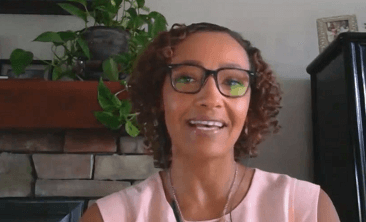
Running the talk was Nathalie Laviades-Jodouin.
First, this was a talk. Harewood didn’t write anything down. Despite that the B in Black is capitalized, while the W in White is not. This is because that’s a policy of the CBC, something they got sued over by the SWC.
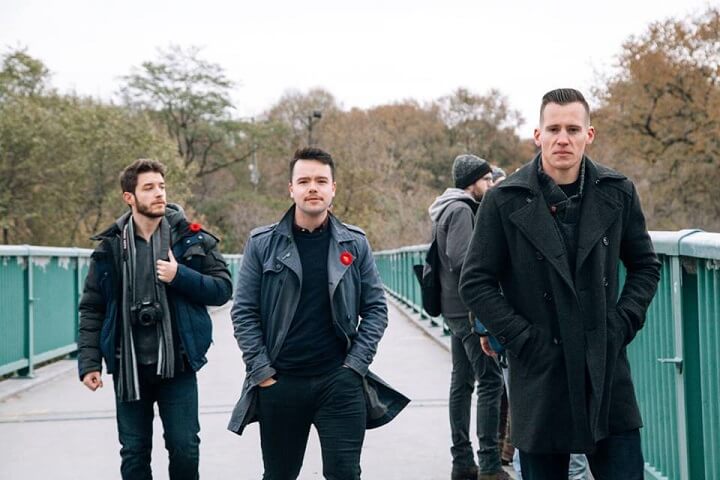
As for Harewood’s comments themselves, notice the insane entitlement she has. It’s essentially “privilege melanted-people at all opportunities.” The whining about not being heard is almost funny, but the most insidious part of her talk is the instruction to give positive reviews and promotions to Black employees. That should be read as “give false negative reviews to White employees,” and will be used as more evidence of systemic KKK Enjoyment when some horrible Black employees don’t get the promotion all this propaganda is designed to make them feel they deserve.

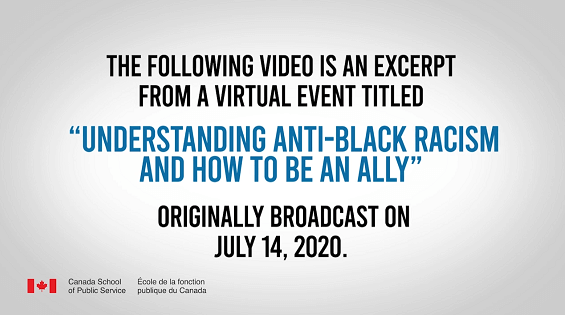



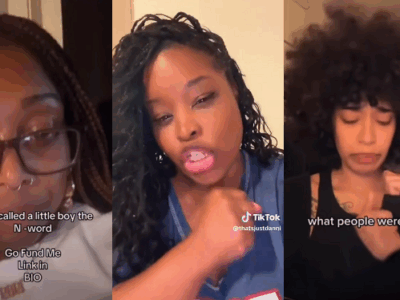

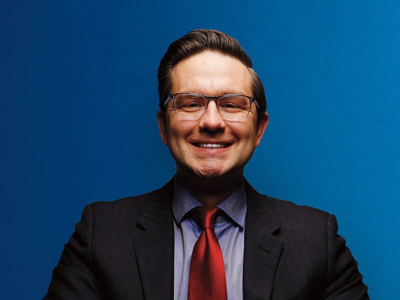
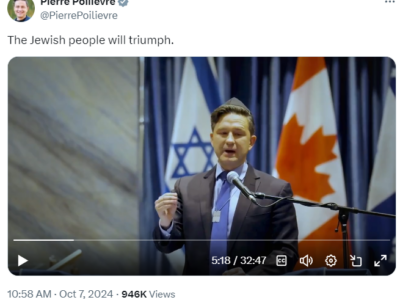


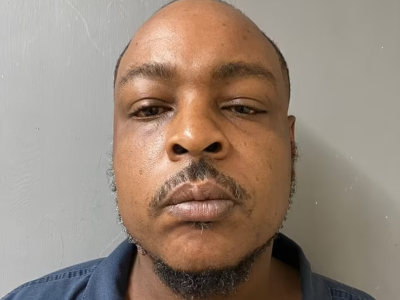
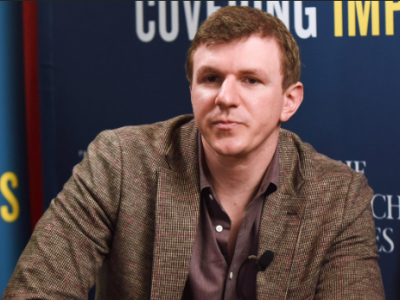
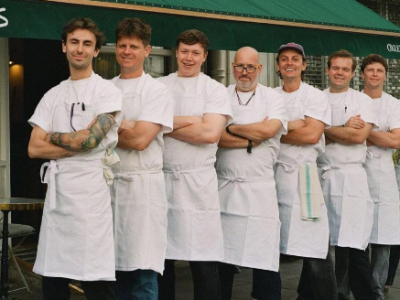
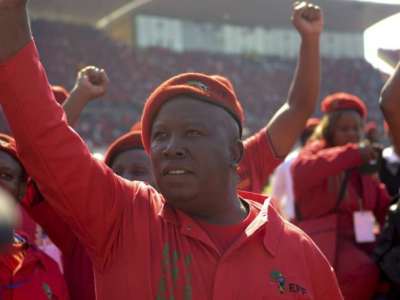

Have a look:
Toronto Police Most Wanted — Homicide
Pictures there worth 10,000 words…; a brilliant rebuttal to Ms. “I’m so oppressed and sheeit” Harewood…
[…] dailyrake.ca/2022/09/20/canadian-federal-government-helps-you-be-a-white-saviour-ally-to-unsportsman… […]
My first comment re Patricia Harewood – don’t like it here? There’s a whole big continent called Africa where you can go home to.
Second, Harewood isn’t even comfortable with the topic – “I have a bit of difficulty with the term ally. I will admit that I am not very comfortable with the term. I know it’s being bandied about these days, that it’s popular, that it’s the new flavour of the month.” Why did the organizers invited her then? Oh yeah, because she’s a black pipo.
Third, maybe the transcription was faulty, but Harewood promised 10 ways people can help black pipo: So I’ll just raise the 10 points, in my opinion, how to be an effective ally based on several documents I reviewed.” Then she goes on to enumerate six: 1. sit back and “actively” listen to blacks complain – basically shut up and listen to some retard babble. 2. read some stuff. 3. Accept the criticism (see #1). 8. Share power with blacks. 9. Professional networks blah blah. 10. Give black pipo positive feedback.
Anyhow, this is the brainrot that passes for public service nowadays. Absolutely disgusting!